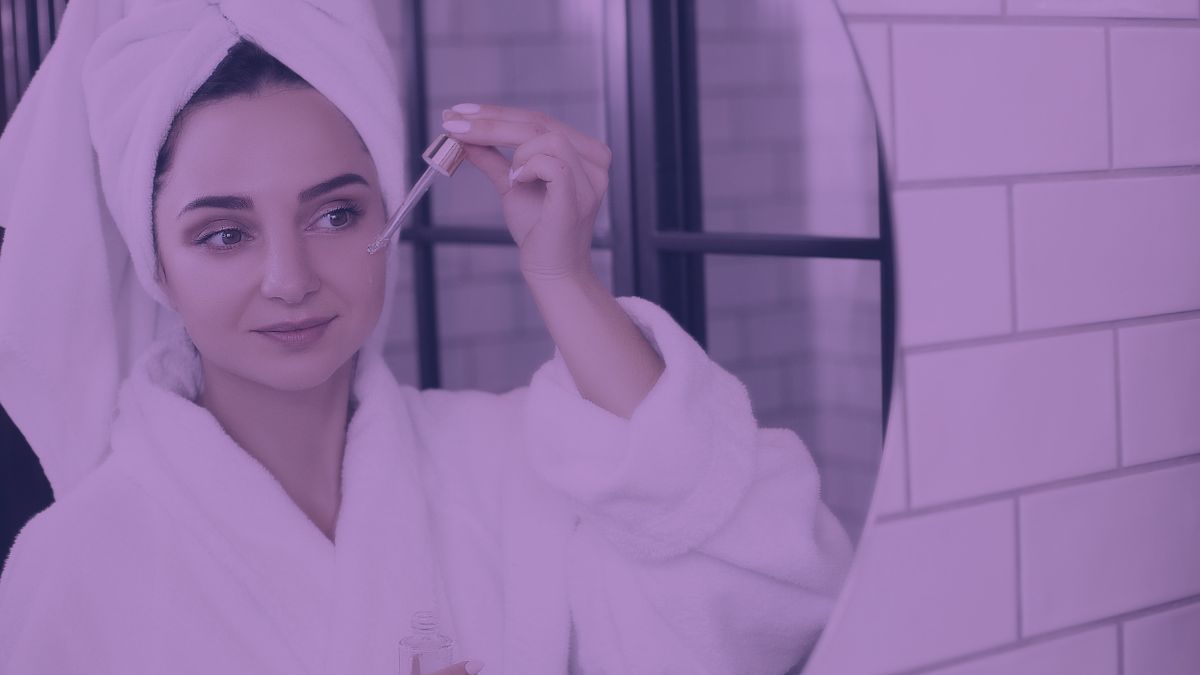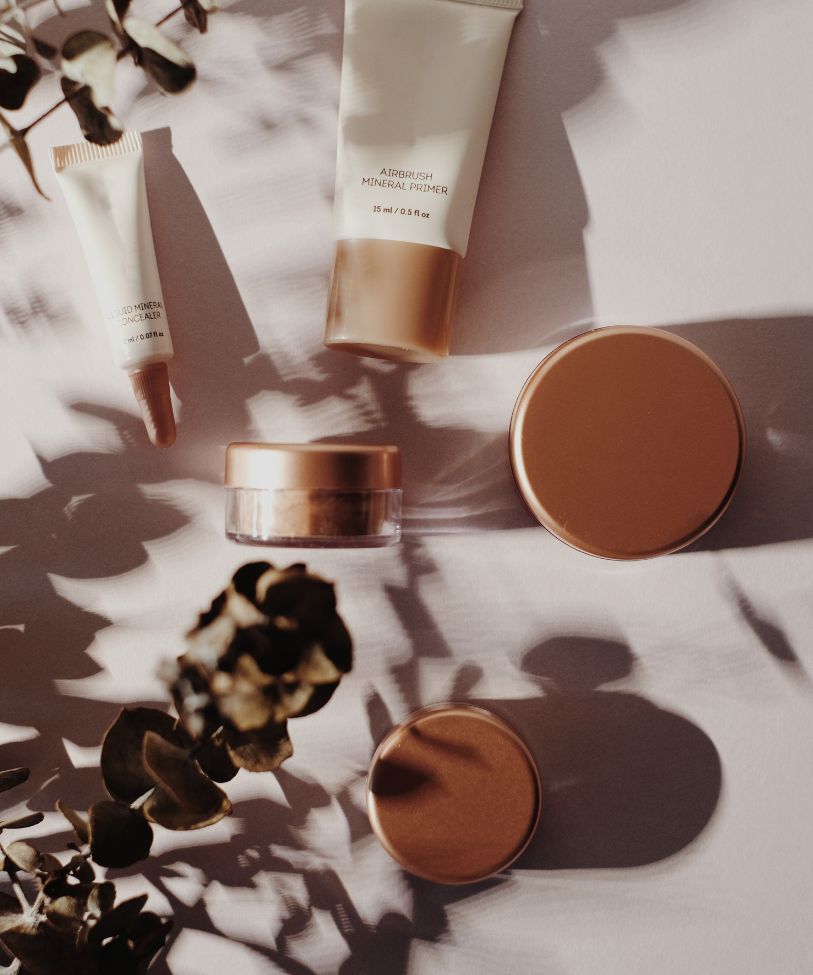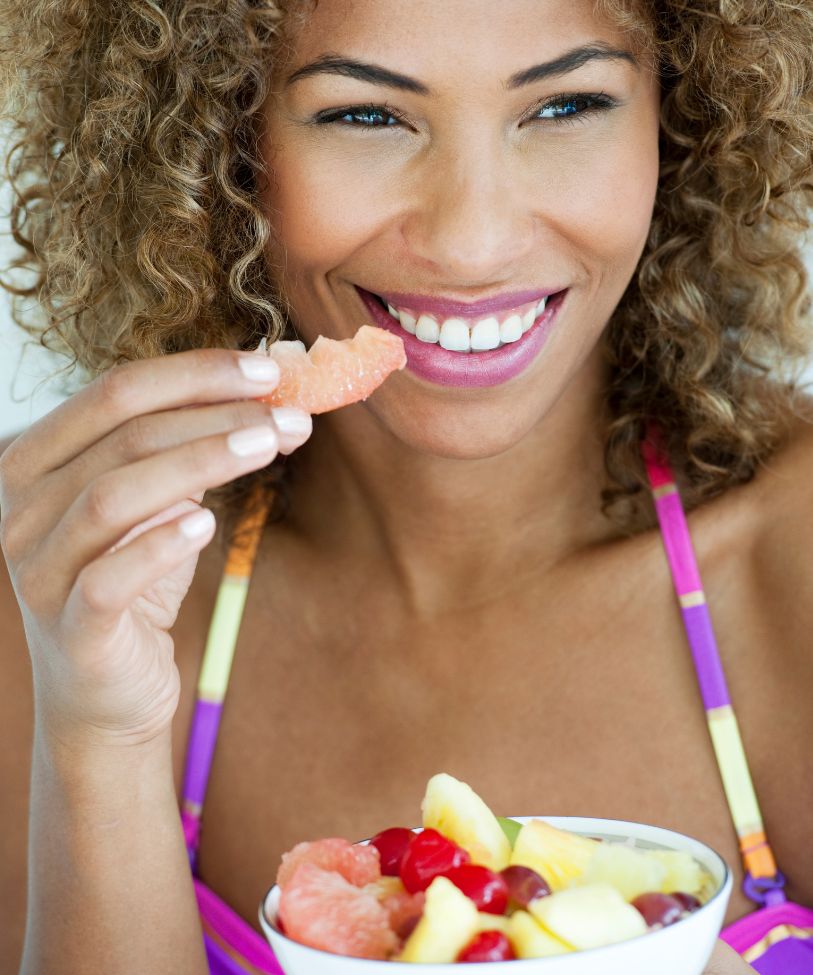The internet is packed with information about Accutane, its side effects, and how important using sunscreen during the course of the medication is.
However, no one seems to talk about how to care for your skin after Accutane. Primarily how to ensure acne never returns, as it isn’t uncommon for this inflammatory condition to reappear even after a course of Accutane.
Many Accutane users have had to undergo two or even three Accutane treatments in the span of several years, and while this may not be the case for everyone, taking care of your skin after Accutane will help minimize the chance of this happening to you.
Therefore, here are my best tips on how to take care of your skin after Accutane:

Have a Complete Skincare Routine
Having a complete skincare routine can make a world of difference in maintaining clear and healthy skin down the line.
And since your skin will likely change during and after Accutane, using products that will address your concerns while keeping your skin nourished is key.
Therefore, here are the few skincare steps you need to take to keep your skin healthy after Accutane:
Use a Gentle Cleanser
Accutane can make the skin extremely dry and uncomfortable, so chances are you had to switch to an ultra-gentle cleanser during your course of taking the medication to avoid redness, inflammation, and discomfort.
However, the problem with ultra-gentle cleansers is that they sometimes contain emollients that, while useful for when your skin is super dry while on Accutane, can become problematic as your skin starts to get back to normal.
Certain emollients can even clog the pores and cause acne, and since that’s what we are trying to avoid after a challenging Accutane course, switching your cleanser to better suit your current skin needs is in order.
Therefore, look for a gentle and non-comedogenic cleanser with mild surfactants that remove impurities without overdrying your skin and causing discomfort.
On the other hand, avoid cleansers that contain excessive amounts of oils, emollients, and silicones, as these can be problematic for those whose skin is prone to acne.
Try an Antioxidant Serum
Antioxidant serums that contain ingredients like beta-glucan, vitamin E, green tea extract, licorice extract, niacinamide, zinc, etc., can be a fantastic addition to your skincare routine post-Accutane.
These ingredients are not only helpful in fighting free radical damage but can also encourage the skin to heal itself quicker and reduce symptoms of irritation, such as dryness, redness, and discomfort.
In addition to their calming properties, antioxidants can also be beneficial in preventing the formation of new breakouts after your Accutane course, as they act as a shield to protect against the accumulation of bacteria and other inflammatory triggers that can cause acne.
Antioxidant serums can also be beneficial if you have dry and sensitive skin post-Accutane, as the free radicals that cause damage to skin cells often leads to dryness and discomfort. So by neutralizing their action, your skin will heal quicker and retain moisture better.
However, avoid starting with potent antioxidants such as pure vitamin C right after Accutane, as although helpful for many skin concerns, including uneven skin tone, hyperpigmentation, and acne scarring, this component can be irritating in high concentrations; therefore, it’s best to start off with more gentle forms of antioxidants and work your way up once your skin has adjusted.
Avoid Using Exfoliants
While exfoliation is one of the best ways to maintain clear, healthy skin, introducing acids and enzymes into your skincare routine right after Accutane is not the right thing to do.
Your skin is still sensitive and recovering from the harsh effects of the medication, so introducing these components can cause even more irritation and redness while also increasing the risk of further breakouts.
Exfoliating acids work by dissolving the outermost layer of dead skin cells and helping them shed naturally.
However, these cells, although considered “dead,” are far from useless, as they act as an important barrier and help the skin retain moisture.
By removing them and exposing new and immature cells that don’t have the same moisture-holding capacity from underneath, harsh environmental conditions can do a number on your skin and lead to a ton of issues, such as irritation, redness, peeling, flaking, dryness, and even more breakouts, as these cells are more vulnerable to bacteria and other triggers of acne.
Therefore, don’t be quick to rush into exfoliation right after Accutane out of fear that if you don’t maintain your skin, acne will come back, as this will only do more harm than good.
Instead, focus on establishing a gentle skincare routine that will help strengthen your skin rather than strip its barrier off.
Introduce a Retinoid
While introducing exfoliating acids might not be the best thing to do after finishing Accutane, a retinoid is a much better alternative that will increase cellular turnover, keep the pores clear and prevent the overgrowth of bacteria inside them, and strengthen the skin in the long run.
Therefore, start by introducing a low-percentage retinoid into your routine and gradually increase the percentage as your skin becomes accustomed to the active ingredient.
However, since retinoids can be challenging even for those who don’t have sensitive skin post-Accutane, it’s important to monitor how your skin reacts and adjust accordingly.
Start applying the product every other night and then work your way up. However, if you experience too much irritation or redness—back off until these side effects fade before you consider increasing the frequency.
Once you find that sweet spot, though, a retinoid can become a fantastic ally in your fight against the formation of acne and in helping maintain a healthy and glowing complexion long term.
Use a Non-Comedogenic Moisturizer
Comedogenic moisturizers, which contain ingredients such as oils and emollients known to clog the pores, should be avoided after Accutane, as they can sometimes be the reason for acne coming back.
Apart from increasing the risk of breakouts down the line due to pore obstruction, these moisturizers can also become problematic even if you don’t have acne-prone skin because they can sometimes cause irritation and redness in certain areas.
Therefore, look for a moisturizer that doesn’t contain as many oils and emollients, as although finding one that contains none is impossible, there are some that contain fewer than others, making them potentially less problematic.
Apply Sunscreen
Finally, sunscreen is one of the essential steps in any skincare routine—regardless of whether you have taken Accutane or not.
Sunscreen helps protect your skin from the sun’s harmful UV rays, which can be especially damaging post-Accutane since it is more vulnerable due to its weakened barrier.
Therefore, make sure to apply a broad spectrum SPF 30+ every day before stepping out and consider reapplying as needed throughout the day, especially if you spend prolonged periods of time outdoors.
Similarly to picking a moisturizer, choose a sunscreen that contains fewer oils and emollients and more lightweight and soothing components to avoid risking future breakouts.
Invest in Good Quality Makeup

Makeup products, and especially complexion products such as foundations, concealers, and even powder-based products, are one of the most common causes of breakouts in women, which is why after going through Accutane, you need to be even more careful with what you put on your skin as you don’t want acne to creep up again due to using clogging products.
Therefore, when choosing makeup for acne-prone skin post-Accutane, make sure to opt for gentle, lightweight, and non-comedogenic products by thoroughly checking the ingredient lists of those you’re interested in buying and making sure they don’t contain any irritants or pore-clogging ingredients.
Additionally, try to minimize your makeup routine to the essentials, as the more products you use, the higher the chance of clogging and breakouts.
Finally, always remove your makeup before going to bed—even if you’re too tired to do a full skincare routine, at least thoroughly cleanse your skin so that you don’t give your makeup more time to clog your pores.
Avoid Sun Exposure

It’s hard to predict what your skin will behave like post-Accutane, and while some people bounce back to normal within a couple of months, others may continue to experience symptoms such as dryness, redness, and irritation for up to a year after finishing their course of medication.
Therefore, avoiding direct and prolonged sun exposure is essential to protect your skin from damage such as dryness, redness, and irritation caused by external factors such as UV rays.
Accutane is known for its ability to make the skin super sensitive to the sun by drying up the oil-producing glands and removing our natural oil that puts a barrier between our skin and the environment.
Therefore, even if your skin feels normal after finishing Accutane, it may still be more susceptible to sunburns than usual, which is why it’s always best to tread on the safe side and avoid the sun as much as possible to minimize any damage that could potentially lead to further issues down the line.
Additionally, make sure to apply sunscreen every day, as well as wear protective clothing and accessories such as wide-brimmed hats and sunglasses when you’re out for extended periods of time.
Avoid Heavy Drinking

Heavy drinking can be an unpleasant experience while on Accutane and soon after finishing the medication.
This is because Accutane is metabolized by the liver, which means this organ works incredibly hard to process the drug.
Now, alcohol is also metabolized by the liver, so combining these two substances can put an even greater strain on your body.
This combination can lead to stomach problems, including nausea and vomiting, and because some people’s livers are more sensitive to medications, it can also lead to liver problems in the long run.
Furthermore, if your skin is still experiencing the Accutane side effects and feels dry and uncomfortable, drinking can exacerbate these issues because alcohol is a diuretic, meaning it can cause the moisture from the cells to evaporate, further drying and irritating the skin.
Now, while nobody can say precisely how long you should wait before having a drink after finishing Accutane, it’s best to avoid alcohol altogether for as long as you’re still experiencing the side effects of the drug, and this is especially important if you tend to go overboard with it.
Stay Hydrated
Hydration is essential for a clear, healthy complexion, as water is essential for the optimal functioning of the lymphatic system, which is responsible for removing waste such as dead skin cells and accumulation of bacteria, viruses, and artificial hormones we ingest daily through food and some medications, particularly birth control which is given to women along with Accutane due to the drug’s teratogenic effects.
While drinking enough water while on Accutane is essential, staying hydrated post-Accutane is also very important as this will help replenish the fluids lost during treatment and reduce the severity of dry skin, lips, and other side effects.
Furthermore, drinking enough water can help prevent constipation, which is another common side effect of Accutane, as the drug can cause bowel movements to slow down.
Overall, drinking water is crucial after Accutane to help alleviate side effects, support the body’s natural healing process, and promote overall health and well-being. It’s important to aim for at least eight glasses of water per day and more if you’re experiencing dehydration or constipation.
Follow a Healthy Diet

Finally, another critical thing to consider post-Accutane is your diet.
While on Accutane, it’s essential to follow a healthy and balanced diet full of healthy fats, antioxidant fruits, vegetables, lean proteins, and whole grains, as this will help support the skin and strengthen its barrier from within while also providing the body with essential vitamins and minerals and mitigate some unpleasant side effects the drug can cause, such as headaches, nausea, and constipation.
However, even after finishing the medication, it’s still essential to maintain a healthy diet, as this will help keep your skin hydrated and nourished. Furthermore, foods high in antioxidants are especially beneficial for those who have recently finished Accutane, as these can help speed up the healing process and prevent any further damage caused by free radicals.
Therefore, make sure to include plenty of the good stuff and avoid sugary snacks and junk food such as fast food and processed foods, which can lead to inflammation throughout the body and often result in breakouts or other skin issues down the line.

My name is Simone and I am a certified skin specialist. I created this website to teach my readers how to take great care of their skin and I also like to occasionally share my honest opinions on skincare products I’ve tried. You can learn more about me here.
